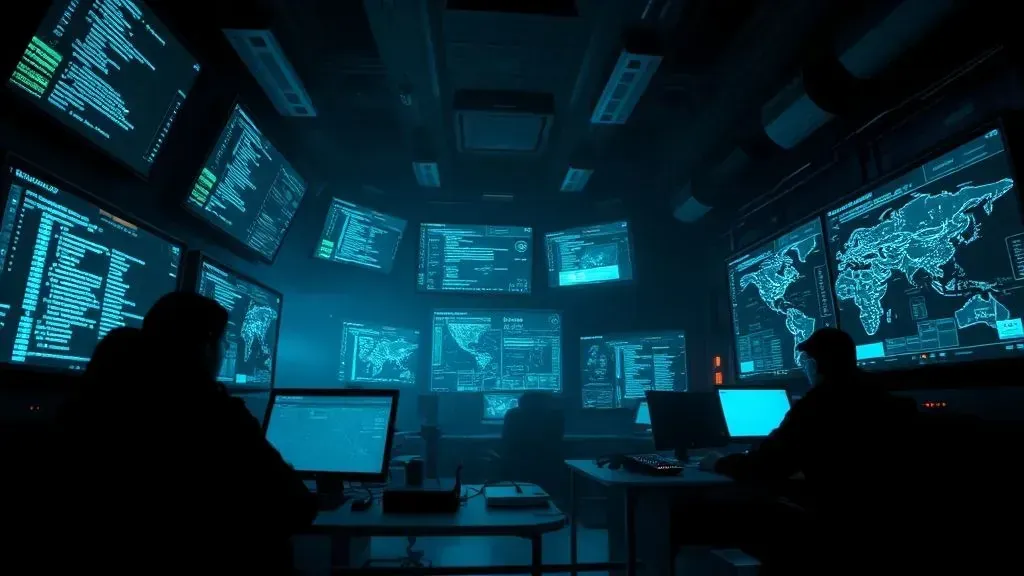
In a significant development, a Ugandan judge refused to grant bail to veteran opposition figure Kizza Besigye, citing procedural delays and legal thresholds.
Legal Standstill in Uganda's Treason Case
Judge Emmanuel Baguma’s Ruling and Its Implications
The judge stated that the 180-day maximum period before mandatory bail begins only started on February 21, when Besigye was remanded.
This means he falls 12 days short of the required duration to qualify for bail under Ugandan law.
Advocates’ Argument for Bail
Besigye’s lawyers contended he should be released automatically, citing his over nine months of detention without trial.
They emphasized that the legal timeline for bail eligibility has been exceeded, raising concerns about judicial fairness.
Political Context and Election Concerns
The case has sparked fears among critics that the government is using legal measures to suppress opposition ahead of Uganda’s early next year elections.
Opposition leader Bobi Wine and human rights groups have voiced alarm over potential crackdown tactics.
The government denies targeting opposition figures and claims all detainees are charged with legitimate crimes.
Historical Background of Kizza Besigye
A former ally of President Museveni, Besigye has contested four elections against the incumbent but has consistently rejected results he claims were marred by fraud and voter intimidation.
Although he hasn't announced his candidacy for future elections, his political influence remains significant.
Past Arrests and Legal Challenges
Besigye has faced multiple arrests over the years, including a notable 2022 detention on incitement charges.
He was forcibly returned from Kenya last November after initial military tribunal charges, subsequently transferred to civilian court.
Reactions from Critics and Supporters
Opposition figures and rights advocates fear this legal delay is part of a broader crackdown.
Bobi Wine's supporters worry about suppression before crucial polls, while government officials deny political persecution.



